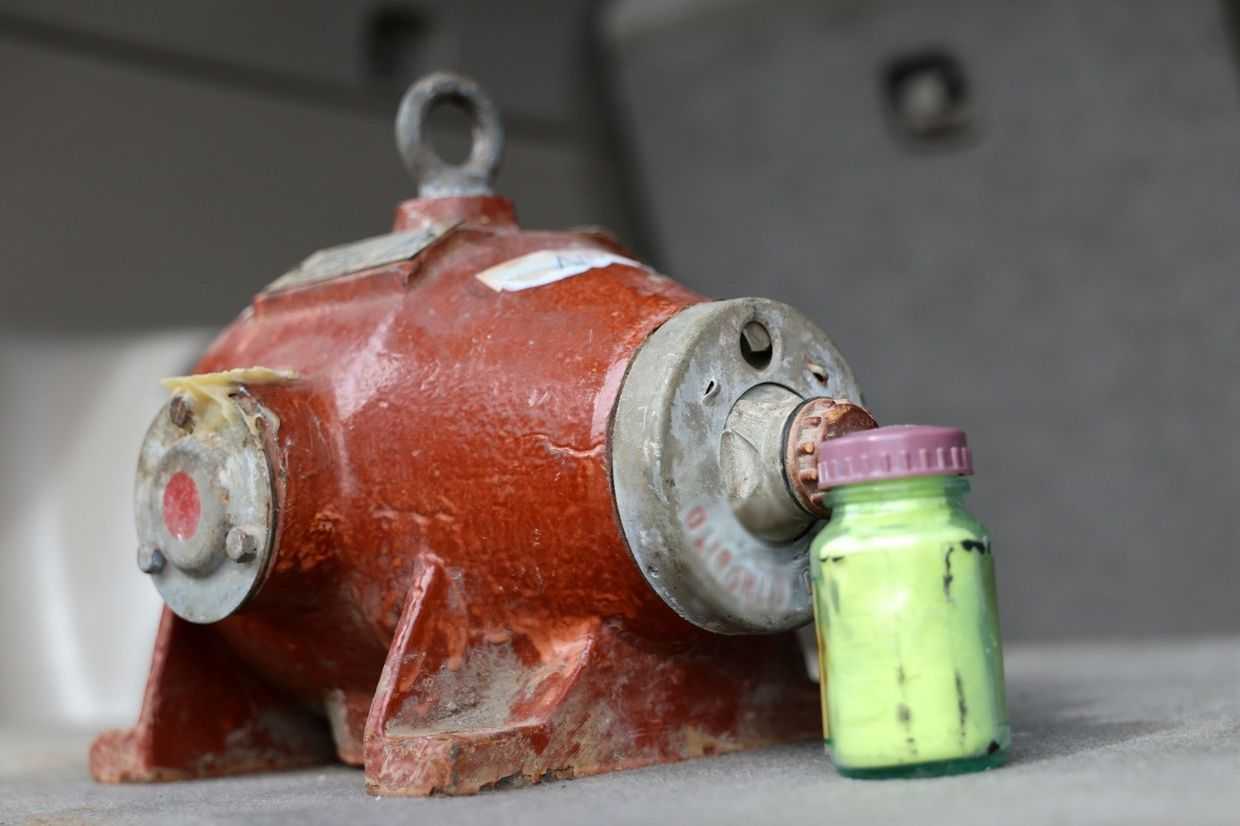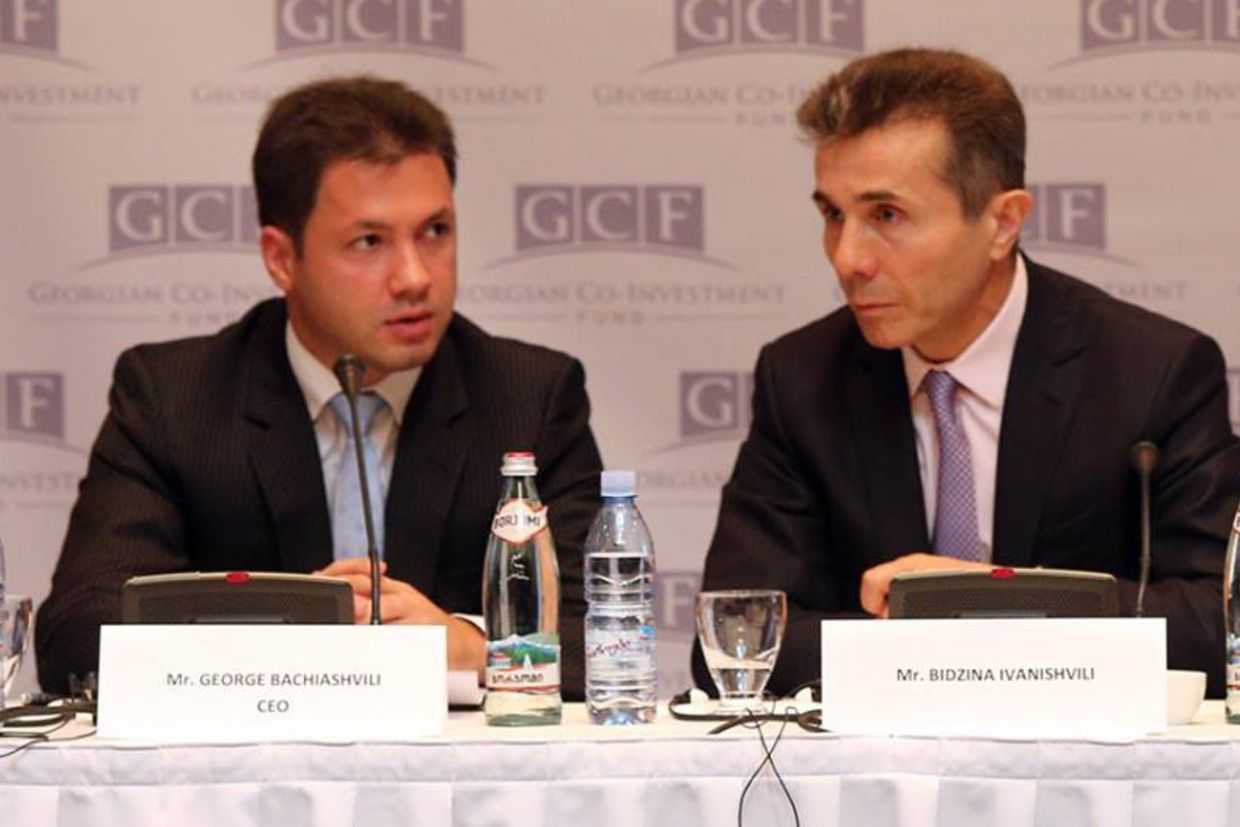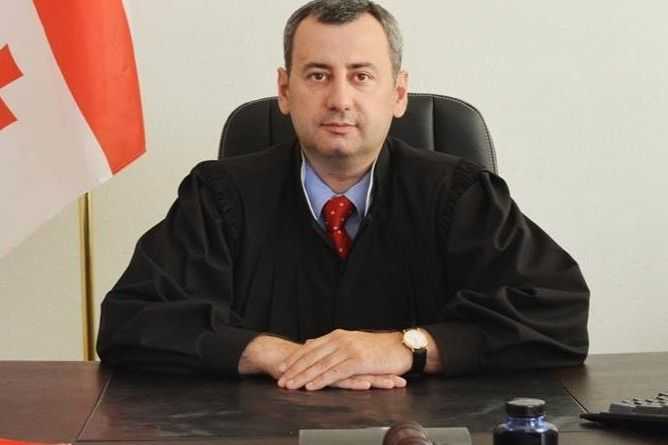
The court left Mzia Amaghlobeli in detention in a case considered by critics of Georgian Dream to be politically motivated and a punishment for independent journalism.
On Tuesday, Batumi City Court granted the prosecution's request and kept the director of the media outlets Batumelebi and Netgazeti, Mzia Amaghlobeli, in pretrial detention.
Supporters of Amaghlobeli, angered by the decision, chanted ‘slaves’ toward the court, a word that has become a common refrain directed by anti-government protesters toward officials and others associated with the ruling party.
‘This is not a court. This is a decision of the Russian regime, and they will be held accountable!’ said Netgazeti's editor, Nestan Tsetskhladze, after the hearing.
Judge Nino Sakhelashvili did not approve the defence's request for bail, despite defence attorney Paata Diasamidze pointing out that the prosecution failed to substantiate why bail could not be used instead of detention.
The next hearing is scheduled for 4 March.
‘We will do everything for Mzia’s freedom’, journalist Gela Mtivlishvili said after the trial.
Amaghlobeli, a journalist with over two decades of experience, appeared in the courtroom holding the book, ‘How to Stand Up to a Dictator’ by Filipino journalist Maria Ressa.
Amaghlobeli's family members, colleagues, and other supporters went to the court in her support. Some of them had traveled to Batumi from Tbilisi to attend the trial.
Many of Amaghlobeli's supporters complained that they were unable to enter the courtroom, despite the fact that there were some empty seats at the beginning of the court proceedings.
‘Let us in!’, They chanted in the foyer, as journalist Vakho Sanaia announced that a video sent from inside the courtroom showed empty seats.
Later, Sanaia managed to enter the courtroom, as he noted, after much effort.
Journalists condemn sentencing of Mzia Amaglobeli, founder and director of Batumelebi and Netgazeti by the Batumi City Court.
— Formula NEWS | English (@FormulaGe) January 14, 2025
Video: Publika pic.twitter.com/EOxTG8t9MV
What happened before
Amaghlobeli was charged on Monday after being detained twice by the police on Saturday during a protest outside the police department in Batumi, western Georgia.
She was first administratively detained for sticking a poster on a fence outside the police department calling for the participation in a nationwide strike on Wednesday. Amaghlobeli said she put the poster up in protest against the detention of her colleague, Tsiala Katamidze, for putting up the same poster on the street.
She was released on the same day but was quickly detained again on criminal charges of attacking a police officer.
Following her second detention, a short video was widely circulated by pro-government media outlets and social media personalities that showed Amaghlobeli arguing with Irakli Dgebuadze, Batumi’s police chief, before she slapped him in the face.
The prosecution considered the slap to be an ‘attack on a police officer’ — a criminal offence which carries a prison sentence of four to seven years.
Despite the footage showing Amaghlobeli slapping Dgebuadze, many independent media outlets and civil society activists have accused pro-government media of purposefully obfuscating how the police treated Amaghlobeli and the protesters gathered at the scene.
Batumelebi’s editor-in-chief, Eter Turadze, who was with Amaghlobeli at the time of her detention, told OC Media that Amaghlobeli’s detention, in light of her position as the manager of an independent regional media outlet, was planned in advance as a form of provocation by the police or government.
Turadze said that when Amaghlobeli was released after her first detention and was speaking to her relatives near the police station, a group of police officers unexpectedly rushed in and began detaining Amaghlobeli’s associates.
‘This led to a huge scuffle, panic, hysteria, and pushing’, Turadze added, stating that the police treated Amaghlobeli aggressively and had insulted her.
‘They dragged [Amaghlobeli] and insulted us. It was unimaginable verbal abuse and assault. We were all cursed at. During the scuffle, [Amaghlobeli] lost one of her shoes’, Turadze told OC Media.
Turadze further explained that Amaghlobeli's action was not an ‘attack’ but a reaction to an insult from the police, specifically from Dgebuadze.
‘It was a response to the humiliation coming from the police — they insulted, dragged us, and cursed at us, and it was a situation where a person could lose control of themselves because they were completely defenceless. It was an instinctive defensive reaction’, Turadze said.
On Monday, Batumelebi released video footage, which, according to the news outlet, captures the moment of Amaghlobeli’s second detention. The video includes verbal abuse and threats directed at her by Dgebuadze during the detention.
🟥The video shows #Batumi Police Chief Irakli Dgebuadze cursing & threatening @MAmaghlobeli, the founder and CEO of @Netgazeti & @Batumelebi_ge, after her arrest.
— ბათუმელები • Batumelebi.ge (@Batumelebi_ge) January 13, 2025
⭕️Dgebuadze personally participated in the arrest.
⭕️Amaglobeli is accused of attacking Dgebuadze - a Police Officer pic.twitter.com/r2g0lwlodY
The following day, Batumelebi’s cameraman Guram Murvanidze was detained during another protest in Batumi while he was filming the police arresting demonstrators.
According to a statement from Batumelebi and its sister organisation Netgazeti, Murvanidze’s account shows that police aggression towards him intensified after he identified himself as a member of Batumelebi’s team. The lawyer claimed that Dgebuadze personally instructed the police to detain Murvanidze.
Swift reaction and legal assessments
Amaghlobeli’s detention sparked a swift reaction from the media community and civil society, with solidarity actions being held in both Tbilisi and Batumi.
On 13 January, representatives of independent media outlets, professional organisations, and media rights activists issued a joint statement, demanding her release. The statement addressed the Interior Ministry, the Special Investigative Service, international organisations, and the country’s diplomats.
On Monday, a campaign was launched in support of Amaghlobeli, with journalists, civil society members, and others creating video messages that called for her release.
Natia Mezvrishvili, a former Deputy Interior Minister and one of the current leaders of the opposition For Georgia party, wrote in her assessment of the case that Amaghlobeli's actions were not ‘an attack’ and that ‘you won’t find anyone in jail for slapping a citizen’s face’.
Mezvrishvili emphasised the brutal state violence against anti-government demonstrators and asked those who believe Amaghlobeli is being punished according to the law: ‘Where is the same law and justice for masked thugs, violent police officers, and [Bidzina] Ivanishvili?’
Vako Natsvlishvili, a legal expert and member of the civil rights movement Voice, emphasised that slapping, regardless of who it is directed towards, cannot be considered a criminal offense.
‘Criminal law comes into play when the action reaches a certain level of intensity. A slap can only be considered an administrative offense, not a criminal act’, he said, adding that ‘when the law ceases to serve the public good, it becomes an arbitrary order’.
Amaghlobeli’s detention has attracted critical reactions from outside Georgia as well.
Michael Roth, Chairman of the German Parliament’s Foreign Affairs Committee, called the detention a ‘shame’, while US Congressperson Joe Wilson echoed demands for the release of ‘Mzia Amaghlobeli and all the political prisoners of Ivanishvili’s regime’.
Swedish Parliament member Gustaf Göthberg wrote on X that ‘Mzia Amaghlobeli must be released immediately […] The belarusification [sic] of Georgia is happening in front of us’.
Batumelebi was founded in 2001 in Batumi as an independent media outlet focused on covering human rights violations and official corruption. In 2010, Batumelebi’s founders established the Tbilisi-based news outlet Netgazeti.
Over the weekend, police detained 20 people during protests in Batumi — among them Amaghlobeli and Murvanidze. Except for Amaghlobeli, all individuals have been detained on administrative charges.











